Michael Ende typ osobowości MBTI
Osobowość
"Jaki typ osobowości jest {profilename}? {profilename} jest typem osobowości {mbti} w mbti, {enneagram} - {iv} - {tritype} w enneagram, {big5} w Big 5, {sociionics} in Socionics."
Underrated NT truth king. The NES is all about The Nothing encroaching, which seems to be an end to a world. But he brings the new blood in who re-imagines the world, thus sustaining the human tradition of never ending the story. We may change, adapt, destroy and remake, but at the end of the day, it's OUR story. It's precious. When we end the story of humanity, with all it's fantasy and make-believe, we end the story of humanity entirely. People no longer want to be a part of our species' project. It's critical to maintain whimsy and fantasy, a core gear in the machinery of what makes us move forward. I would argue that an NF story would maybe be more like The Last Unicorn, where there's a clear bad guy bringing badness to the world who must be stopped to preserve the world from becoming (existent, but) dark. Fi hates thoughts living in an evil world where it can no longer see itself in it, fearing being represented incorrectly by leaders, while Ti fears the end of the world itself, of life, being valued by others and taking action to end everything in mutually assured destruction. Instead of the individual centered morals of something like The Last Unicorn, creating a logical allegory for why imagination is important for humanity at a baseline and advocating for silliness alongside logic seems much more like an NTP insight, trying to combat their logic-seeking mind with further logic to explain why these supposedly 'useless' things persist so eternally and durably. I can't even imagine how much time I've invested to justify the parts of me that simply won't let go of chaotic fun's value even in the face of logical efficacy's ceaseless tug. Plus, the message revolvs around trying to bring others into your logic-message (I consider that Ti-Fe axis' main 'thing', rather than Fi-Te, Te-Fi, or Fe-Ti) for universal benefit. Ie, recruit the new generation in the face of increasing 'scientific' competition and atheism creating a basis of 'faith in nothing' which leads inevitably to depression and perhaps even self-harm in the end. This is why it is a dual-story both in the real world and fantasy, unlike Last Unicorn, which is fully fantastical. (TNES is a story about fantasy itself, TLU is a fantasy story.) In this way, INFPs and INTPs are not that dissimilar, but NTs tend to bring the 'macro perspective' like this to literally every aspect of existence, whereas Fi is way more likely to bring a more 'internal' perspective to combat that macro layer they are in combat with (Te). Many of us are obsessed with finding out what makes life actually worth being alive, not so much with how to obtain rewards out of life (Extro-judgers) or simply experiencing whatever comes our way (The perceiver firsts). TLDR: I'm pleasantly surprised this writer isn't another for the 'ALL FANTASY WRITERS MUST BE FI' garbage dump, especially because, as an aspiring writer, I found my ideas lined up with his themes almost 1:1. [I am not confident on Enneagram, much like I am not confident on my own. Would love more evidence for this one)
Biografia
Michael Andreas Helmuth Ende (12 November 1929 – 28 August 1995) was a German writer of fantasy and children's fiction. He is best known for his epic fantasy The Neverending Story; other famous works include Momo and Jim Button and Luke the Engine Driver. His works have been translated into more than 40 languages, sold more than 35 million copies, and adapted as motion pictures, stage plays, operas and audio books. Ende is one of the most popular and famous German authors of the 20th century, mostly due to the enormous success of his children's fiction. He was not strictly a children's writer, however, as he wrote books for adults too. Ende's writing could be described as a surreal mixture of reality and fantasy.
Osobowość correlate

J. K. Rowling
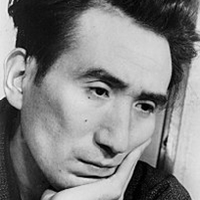
Osamu Dazai
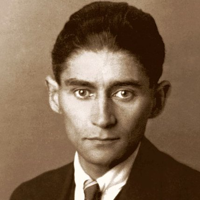
Franz Kafka
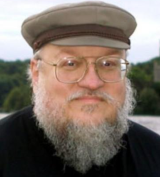
George R. R. Martin

Robert Greene
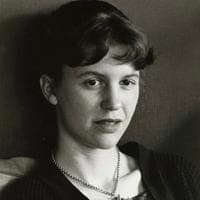
Sylvia Plath
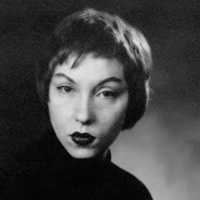
Clarice Lispector
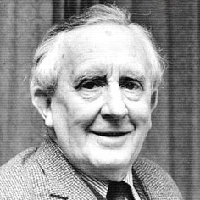
J. R. R. Tolkien
